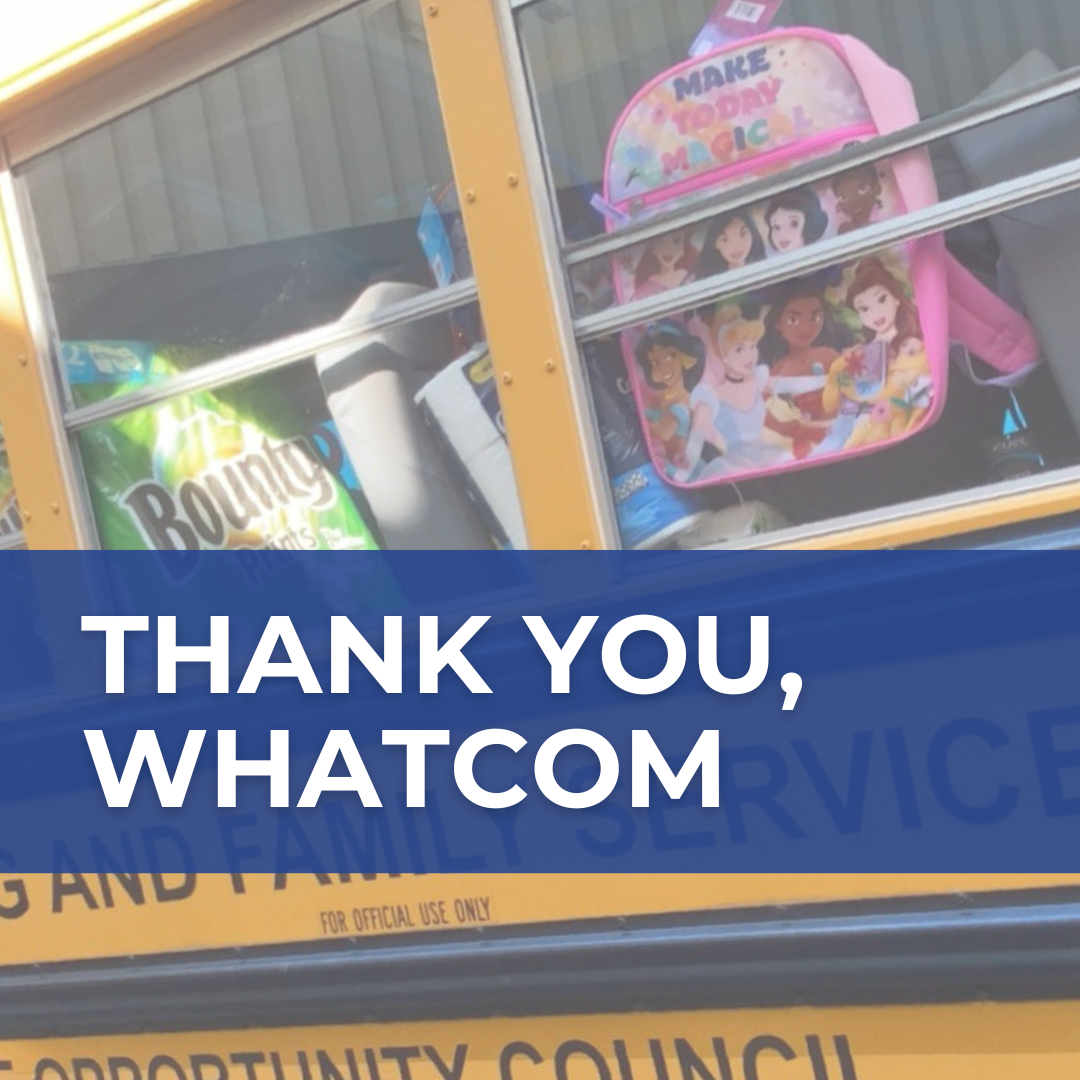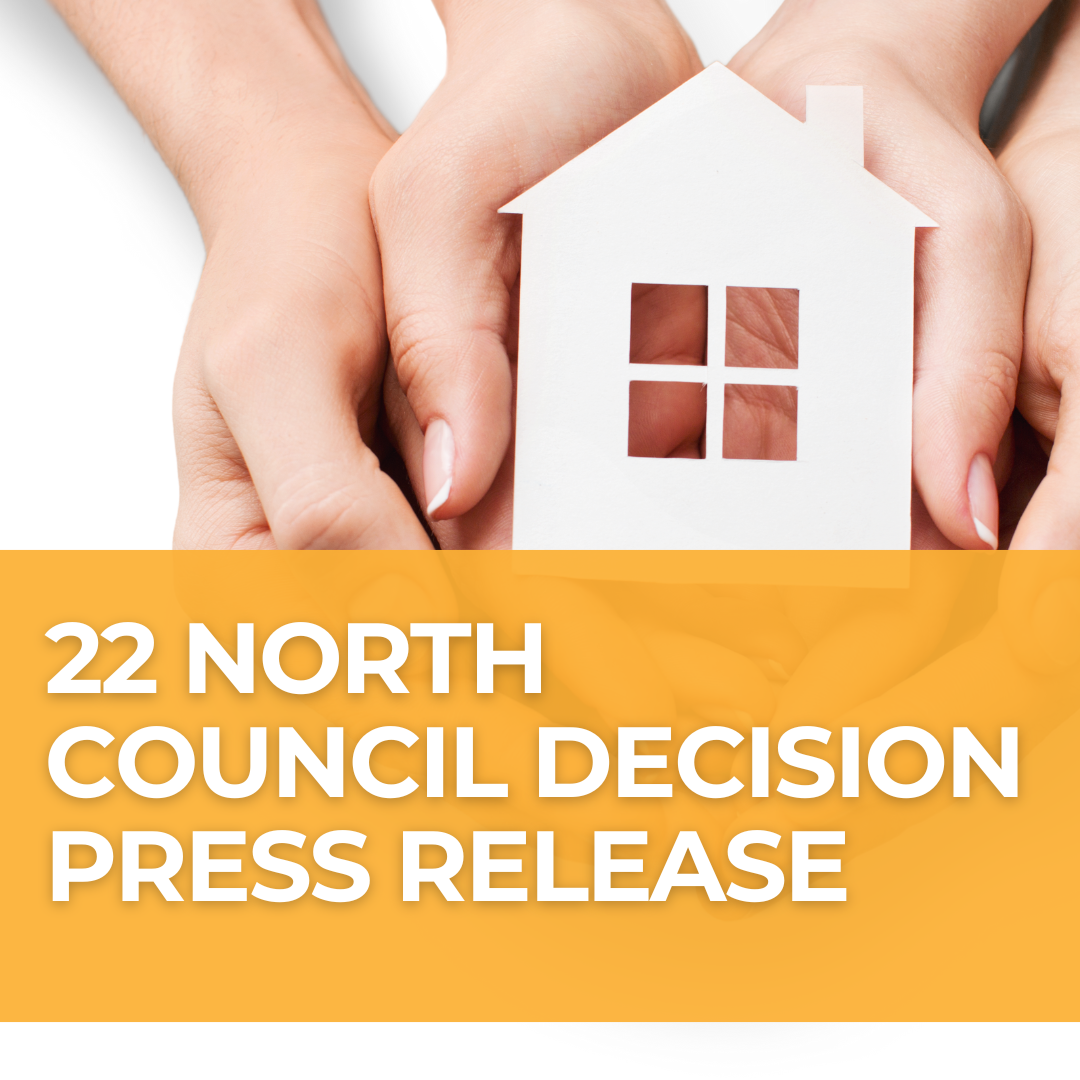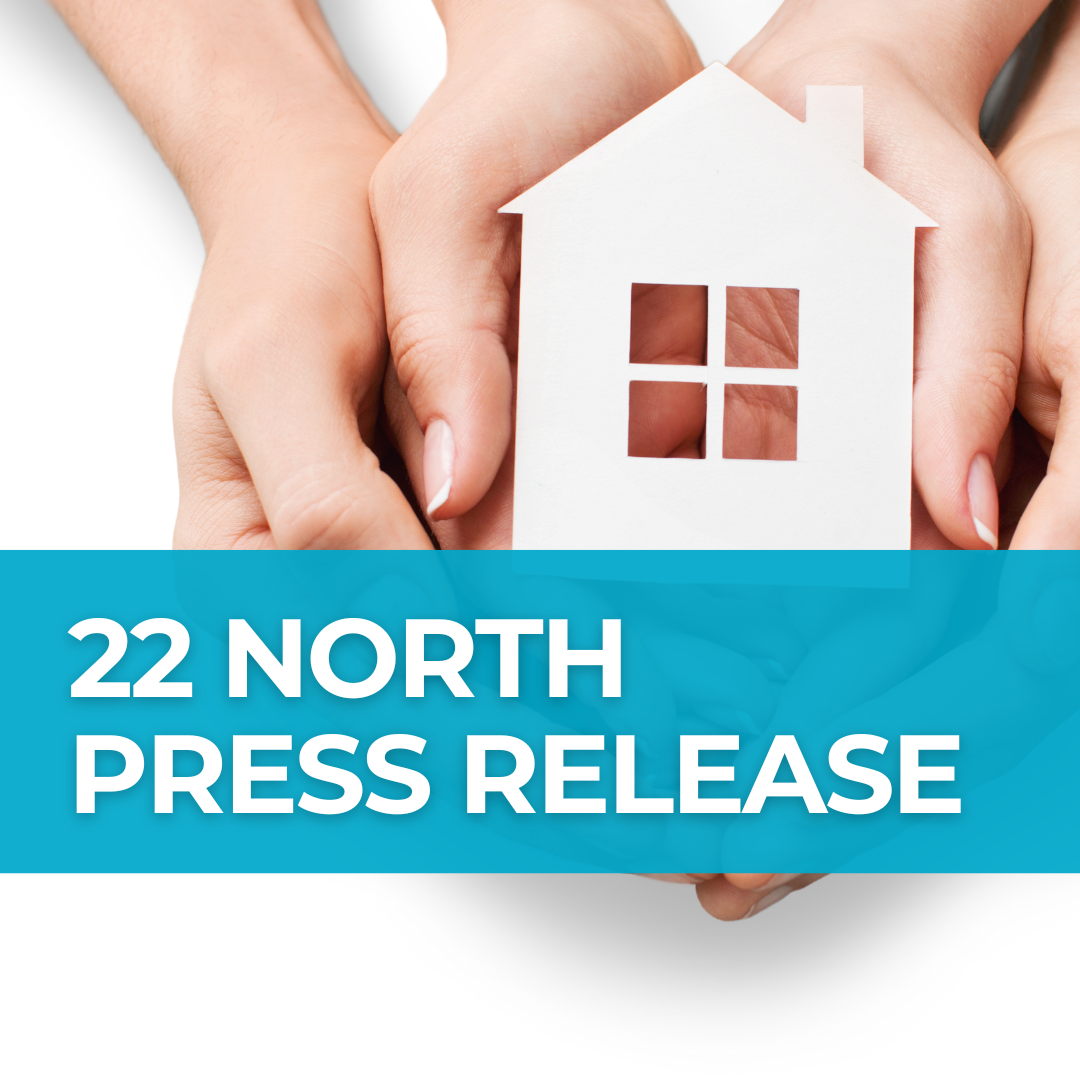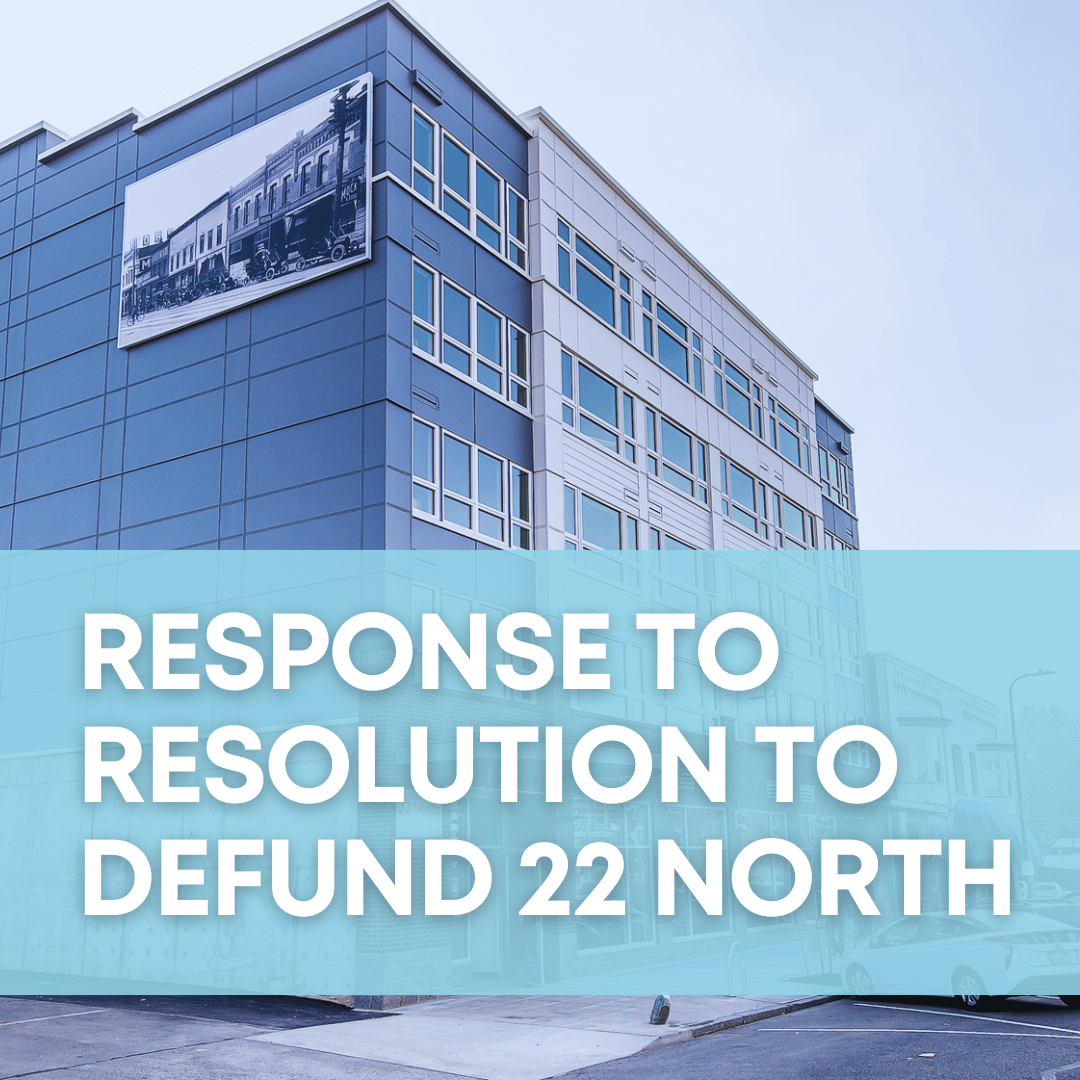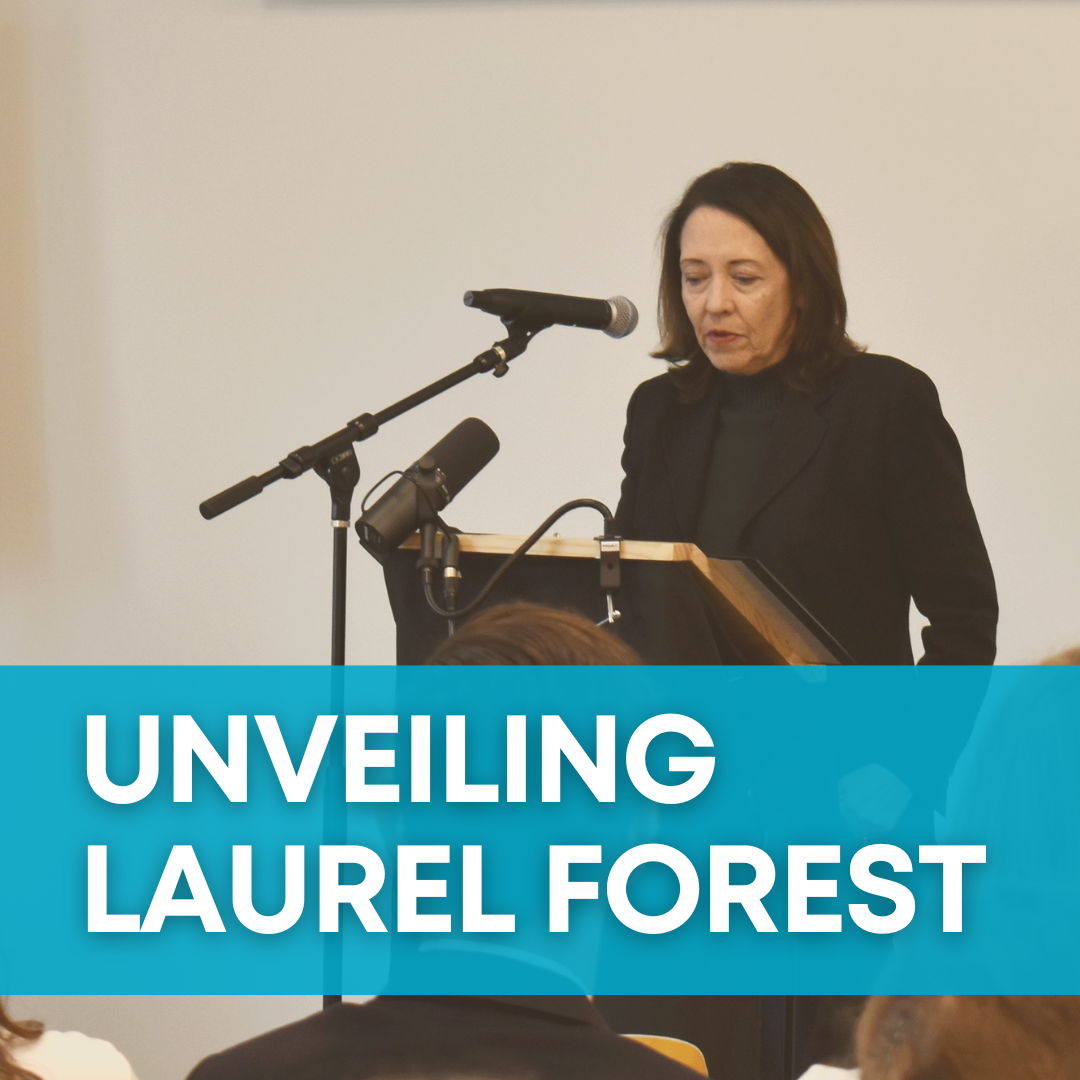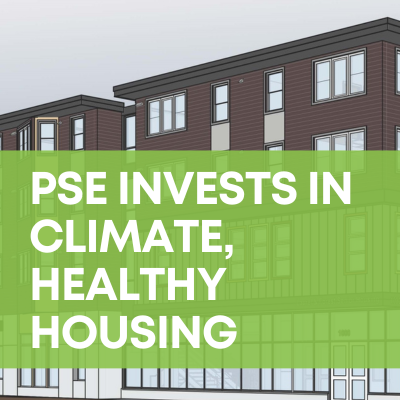22 North
Strong beginnings start with a place to call home
40 units of affordable permanent supportive housing located in downtown Bellingham, 22 North was developed to provide wraparound support services to adults experiencing homelessness as they build lives of stability and opportunity.
Using the permanent supportive housing model, 22 North is dedicated to providing homes for people with disabilities experiencing one year or more of homelessness, with dedicated units for young adults and Veterans.
22 North residents are referred by the Coordinated Entry System, managed by the Whatcom Homeless Service Center.
What is Permanent Supportive Housing?
Video courtesy of the Whatcom County Department of Health & Community Services.
22 North FAQ
Permanent Supportive Housing (PSH) blends affordable housing with individualized support services to help people and families experiencing homelessness. The goal is to make sure highly vulnerable individuals and families have the stability of a home while ensuring access to life-changing resources such as mental health care, substance use treatment, and employment support. Opportunity Council’s PSH programs, like 22 North and Dorothy Place, exemplify this approach, offering not just a place to stay, but a community where residents have the freedom and support everyone needs to thrive.
For more on Permanent Supportive Housing, please visit the Whatcom County Health and Community Services website at whatcomcounty.us/PSH
No. 22 North is categorized as “low-barrier” housing, or housing designed with a minimum of expectations or requirements to live there. The focus of low-barrier housing is to provide stability and community while minimizing the risks of certain behaviors. In many cases, this stability and community can provide the foundation for building a better life.
That being said, a low barrier does not mean a low standard. Tenants are required to meet the same standards established by law and in their legally binding lease (including not smoking or doing illegal drugs). An on-site property manager works with the residents and their case managers to help ensure tenants are abiding by the terms of their leases and evicts those tenants who fail to comply. Eviction is the same legal process for 22 North residents as it is for other renters in the state of Washington.
22 North is specifically designed to be a home for people experiencing homelessness who are in the most danger of losing their lives if they stay that way. While being homeless is severely detrimental to any person experiencing it, our community simply does not have the resources to get everyone into a home who needs one. Placement in housing in our community is determined by the federally mandated Coordinated Entry system. This system is like a triage process in any other crisis situation where there are more people in need than there is help available. In this case, 22 North residents are the red tags—the most critical in need. To get an idea of who is helped at 22 North, here is a snapshot of current and past 22 North Residents:
- 100% have a disability
- 41% have a chronic health condition
- 46% are domestic violence survivors
- 34% have a substance abuse disorder
- 24% were 55 or older
Placement in all of Opportunity Council’s Permanent Supportive Housing is determined by the community Coordinated Entry for All programs in our service area. Tenancy at 22 North is prioritized for single adults experiencing chronic homelessness (those who’ve been unhoused for over a year) and are living with a disability. Since supportive housing is a specialized and limited resource 22 North is reserved for those most vulnerable in our community, who need this type of housing to be successful.
Everyone at 22 North has also been homeless for at least a year, shortening their lifespan by an average 17-23 years and resulting often in complex health needs. People are often moving with these conditions into their apartments after years of little to no healthcare, nutritious food, or safe shelter. It is expected that people pass away more frequently in Permanent Supportive Housing programs, and that these programs have higher mortality rates than average apartments. We understand well this may be the last home many of our residents have. Providing care and community for others is always a privilege, especially when we can ensure they have a home when they pass.
However, it is also important to note that 22 North Residents are also among the frontline victims of our converging housing and synthetic drug crises. While the majority of residents residing at 22 North do not have a substance use disorder (SUD), there is a higher percentage of people with SUD living at 22 North (34% of residents on average) than there is in the general population (17.3%). Synthetic drugs like fentanyl are cheap, incredibly addictive, and astoundingly deadly. There has been a 200% increase in total overdose deaths in Washington State since 2018 (the year 22 North opened).
Wraparound services refers to the intensive, individualized, and collaborative support that residents of 22 North are offered. Research indicates better outcomes for clients when these services are utilized voluntarily, and legally we cannot require residents engage with these services. This includes each resident working with a case manager to create a custom-designed plan focused on positive outcomes and based on a that individual’s personal goals and needs; residential counselors on-site 24/7; and community engagement programs that help residents connect with services, partners, and their neighbors.
This intensive style of case management includes intentionally building trust with clients through consistent interactions and using other tools. Once a resident and case manager have a relationship, case managers work with clients on the next steps. While this can include big steps like looking for treatment or finding alternative housing, case managers also help residents with things like:
- Finding and making an appointment with a primary care physician
- Learning how to grocery shop and prepare their own food
- How to “keep house” and keep their apartment clean and tidy
- Learning how to make and manage a budget
Wraparound services does not mean Opportunity Council offers each kind of service an individual may be interested in seeking. While Opportunity Council does offer many services like employment support and financial wellness education, when a client needs programs or services outside of our scope we make referrals and help them connect to other specialists in those areas.

